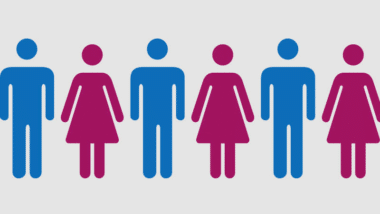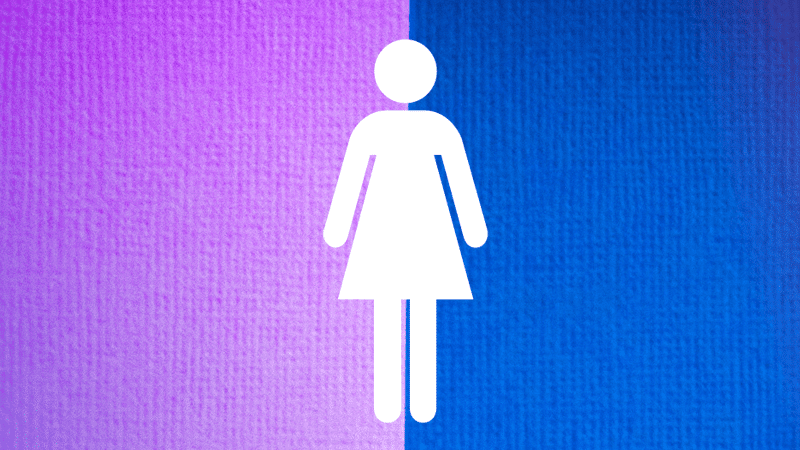The Court of Session has ruled that the legal definition of women cannot be changed to include men who identify as women.
The Scottish Government had widened the definition of women in its Gender Representation on Public Boards Scotland Act 2018, to include trans women.
But women’s rights campaigners For Women Scotland argued that this undermines the sex-based rights of biological females as protected by the Equality Act. They initially failed in a judicial review last year but have now won their appeal.
Excluding males
The Court said that, while the Scottish Government could legislate to increase boardroom representation for transgender people separately, it did not have the power to expand the definition of women.
Provisions in favour of women…by definition exclude those who are biologically male
Delivering the Court’s judgment, Lady Dorrian, Scotland’s second most senior judge, said that to do so was to redefine the protected characteristics set out in the Equality Act 2010.
She said that the Scottish Government’s desire to take steps to promote inclusion of women “is limited to allowing provision to be made in respect of a ‘female of any age’. Provisions in favour of women, in this context, by definition exclude those who are biologically male.”
She explained that the redefinition of women to include males who identify as female “conflates and confuses two separate and distinct protected characteristics”.
Poor legislation
Trina Budge of For Women Scotland expressed her delight at the ruling, but said the legislation should never have been voted through by MSPs.
She said: “Not for the first time it has fallen to unfunded volunteers to challenge the power of the Scottish Government over faulty legislation. We would much rather our MSPs did their duty and scrutinised Bills thoroughly instead of leaving the courts to untangle them later”.
She added: “We are delighted that this has been corrected in law and that the judges have restated that the protected characteristic of sex refers to either a male or a female and that provisions in favour of women must, by definition, exclude those who are biologically male.”
Edinburgh Rape Crisis Centre
Following the ruling, other women’s groups have written to the Equality and Human Rights Commission (EHRC) to look into the appointment of Mridul Wadhwa as chief executive of Edinburgh Rape Crisis Centre. Wadhwa is a man who identifies as female, and who does not hold a gender recognition certificate, meaning he is not legally female.
Dr Nicola Williams, Director of Fair Play For Women, argues that he should not have been eligible for the position, saying: “This is an opportunity for EHRC to protect and uphold one of the sex exceptions and prevent its meaning from being distorted.”
A spokeswoman for Sole Sisters (Women Voting With Our Feet) said: “We would welcome an investigation into the appointment. The job was advertised for women under the genuine occupational requirement exemption in the Equality Act 2010. The court has clarified that males who claim a trans identity are not included in the term women.
“The appointment caused discomfort and upset among women who had clear expectations that the role would be fulfilled by a female. We hope the Scottish government will give further consideration to this issue.”

Scottish census legal challenge thrown out by judge
‘Scot Govt subverting definition of legal sex’, says women’s rights group

